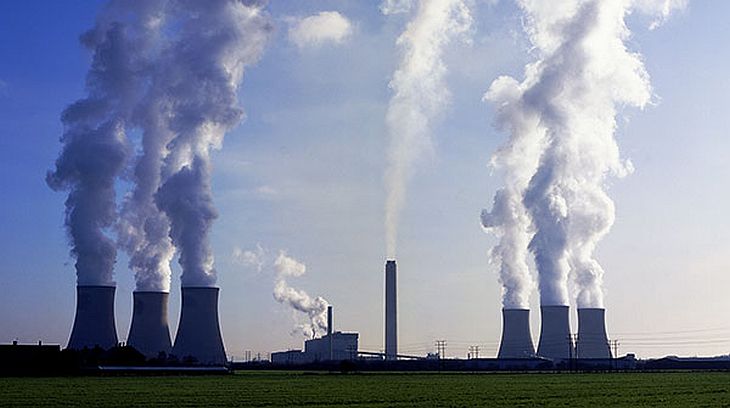The price of carbon emission certificates in Europe will rise more slowly in the coming years, to around an expected EUR 100 by 2030, according to 210 member companies of the International Emissions Trading Association (IETA) that responded to a PwC UK survey. Companies expect a price of EUR 85.45/tCO2 during 2022−2025 and EUR 99.63/tCO2 during 2026−2030. The forecast is optimistic given last year’s 64% rise in the price of certificates to exceed EUR 90/tCO2 for the first time in history in February 2022.
The price of the carbon certificate reached EUR 75.6 on the spot market of the EEX market on Wednesday, down from EUR 76.2 in the previous session, according to data consulted by Energynomics.
“EU policies aimed at reducing Russian gas imports and accelerating the deployment of renewables are the main factors that will influence the carbon price until 2030. The survey also found that the war in Ukraine and concerns about energy security under the current conditions could lead Europe to adopt more ambitious climate targets. Moreover, 2022 is a very important year for the carbon market, given that the final negotiations for the ‘Fit for 55’ package are approaching, discussions will continue on how to implement the Paris Agreement commitments made at COP26 (United Nations climate change conference) and important regulatory developments are expected on the voluntary carbon market”, said Dinu Bumbăcea, Country Managing Partner, PwC Romania.
More than half of the respondents were pessimistic about progress in translating COP26 commitments into action, saying that no significant progress had been made. Moreover, they consider the agreement to be insufficient for achieving the long-term goals of the Paris Agreement.
On the other hand, the EU’s proposal for a carbon border adjustment mechanism is seen as an effective measure to protect the EU against the risk of carbon leakage. However, the respondents pointed out that the risk of carbon leakage could continue to exist for export-oriented industries unless an appropriate regulatory solution is found.
The respondents were also cautiously optimistic about the role of the new voluntary carbon market (VCM) governance bodies in improving the quality of carbon credits. Demand for carbon credits in the voluntary market saw significant growth in 2021, with the market’s global value exceeding USD 1 billion for the first time. Increasing corporate commitments to net-zero targets are a key driver of this development. Two-thirds of survey respondents believe that the VCM will be able to accommodate the growth needed to meet the demand resulting from net-zero commitments and emission reduction pledges by 2030.

